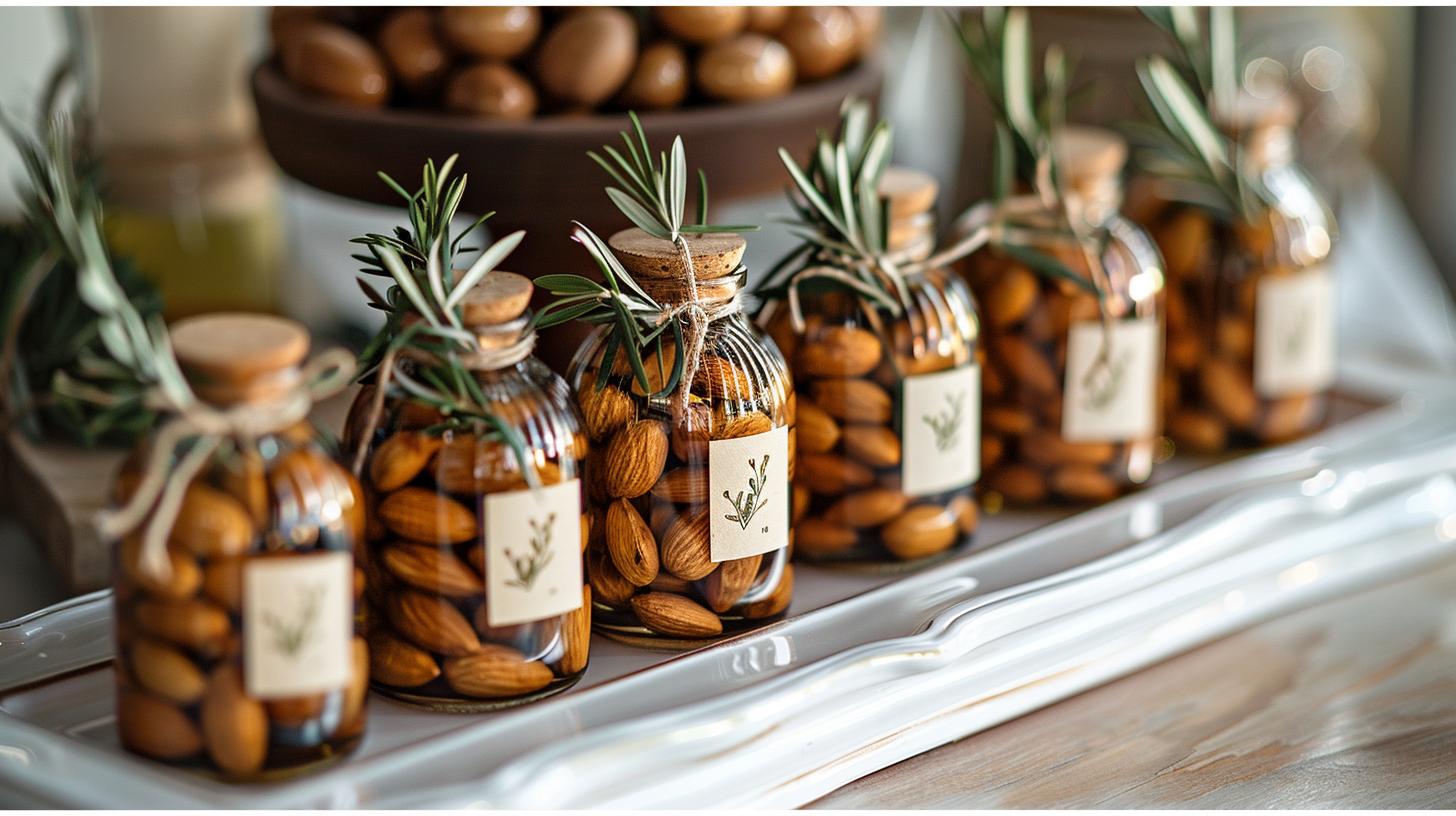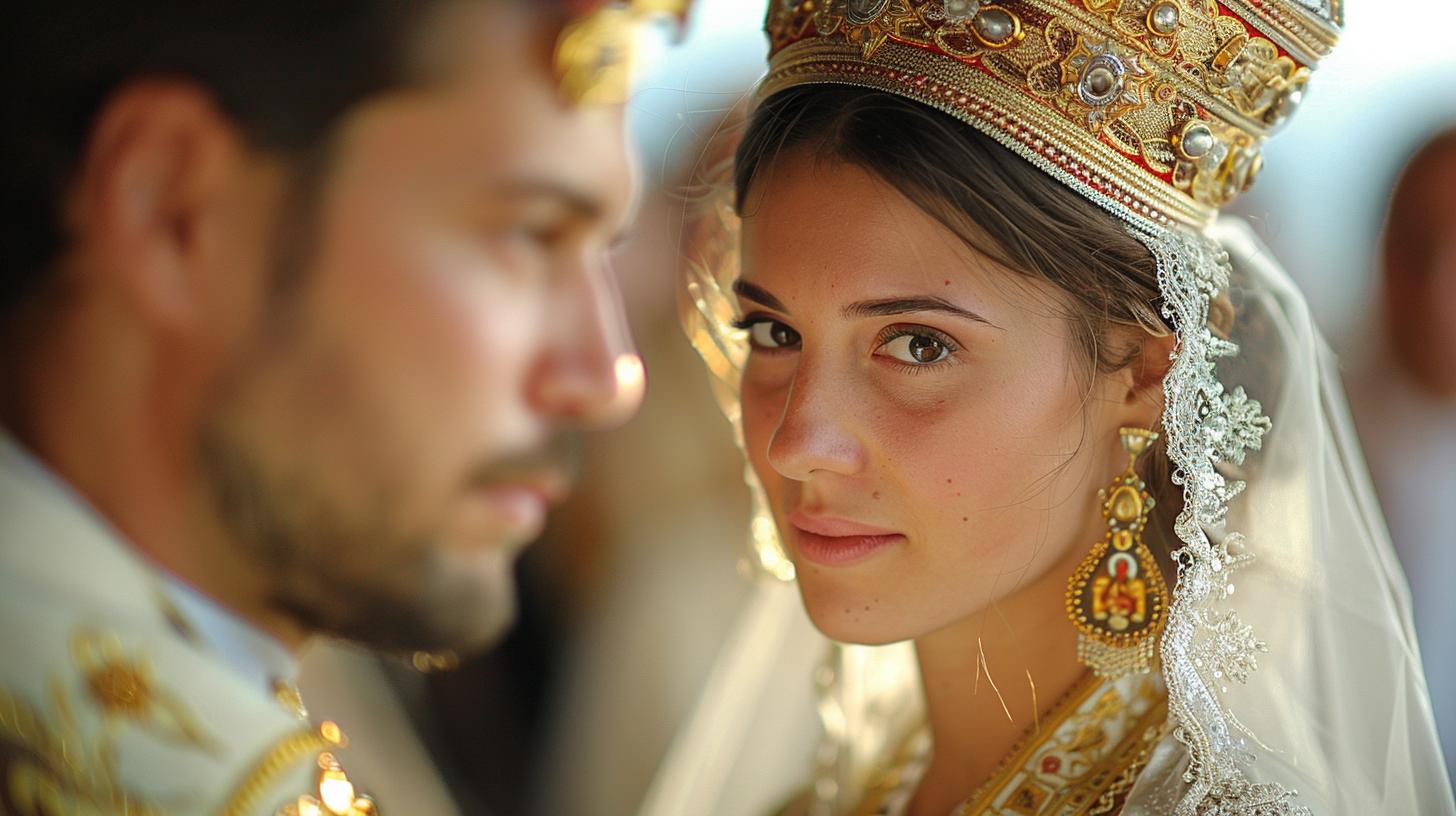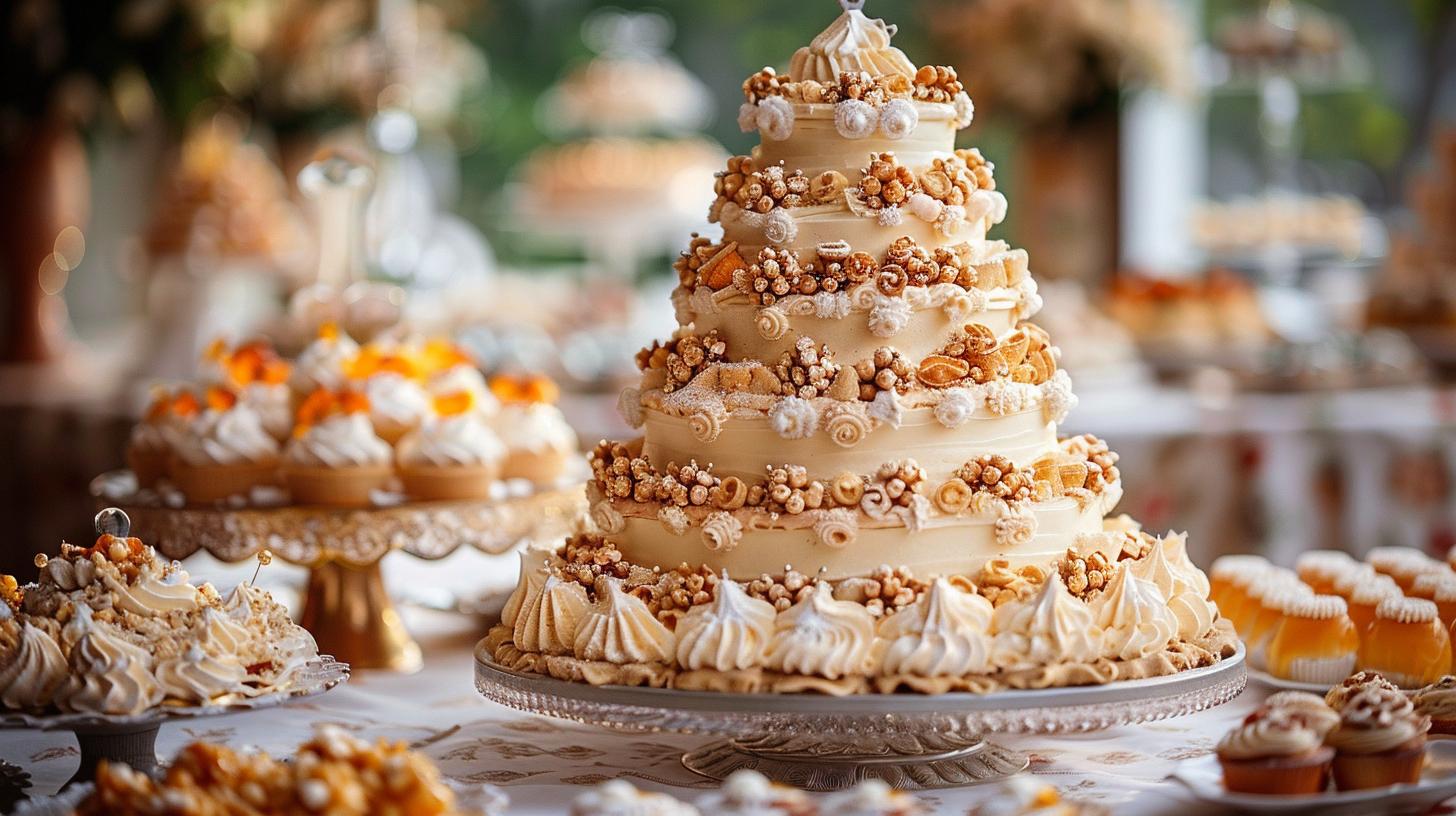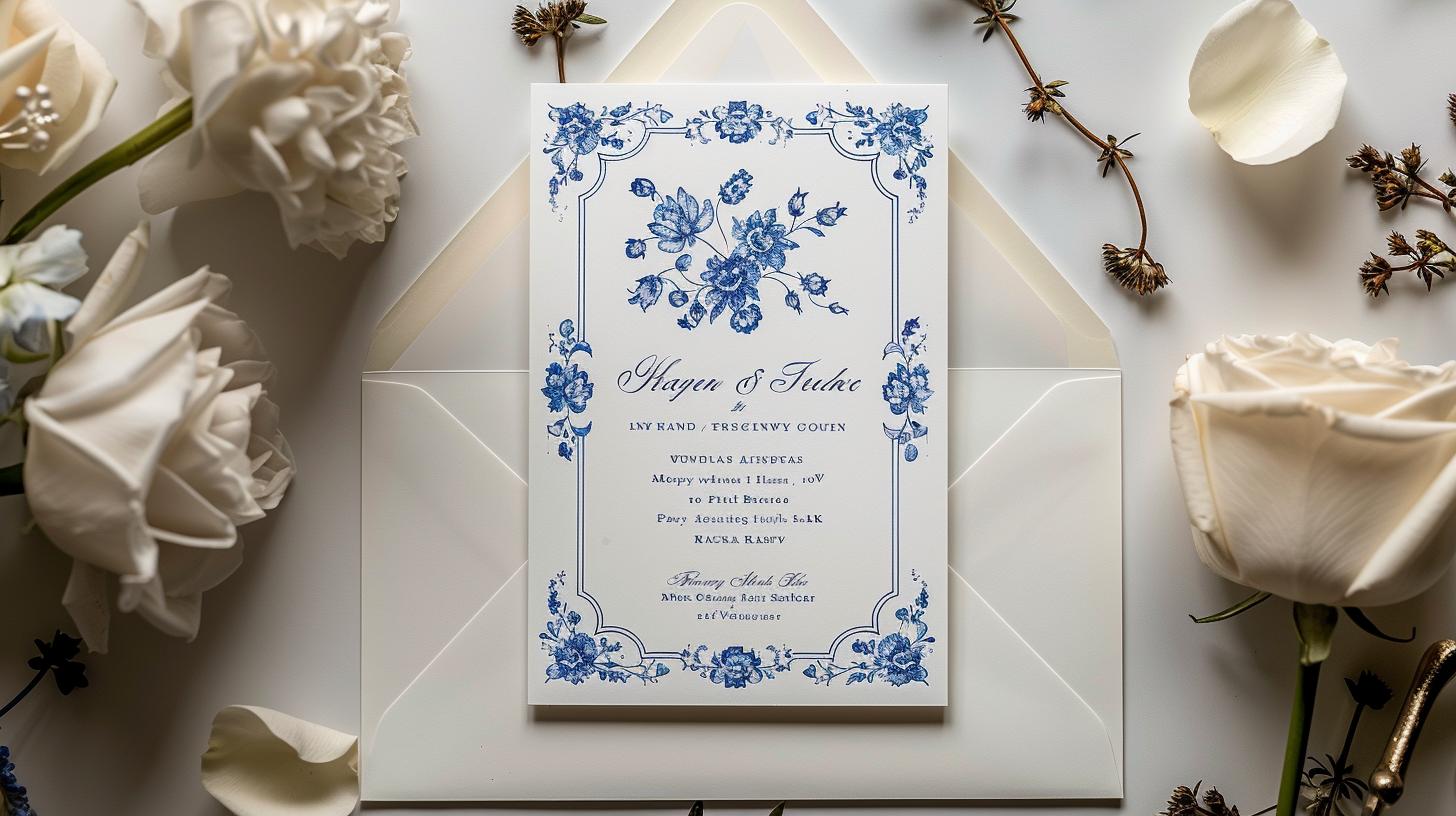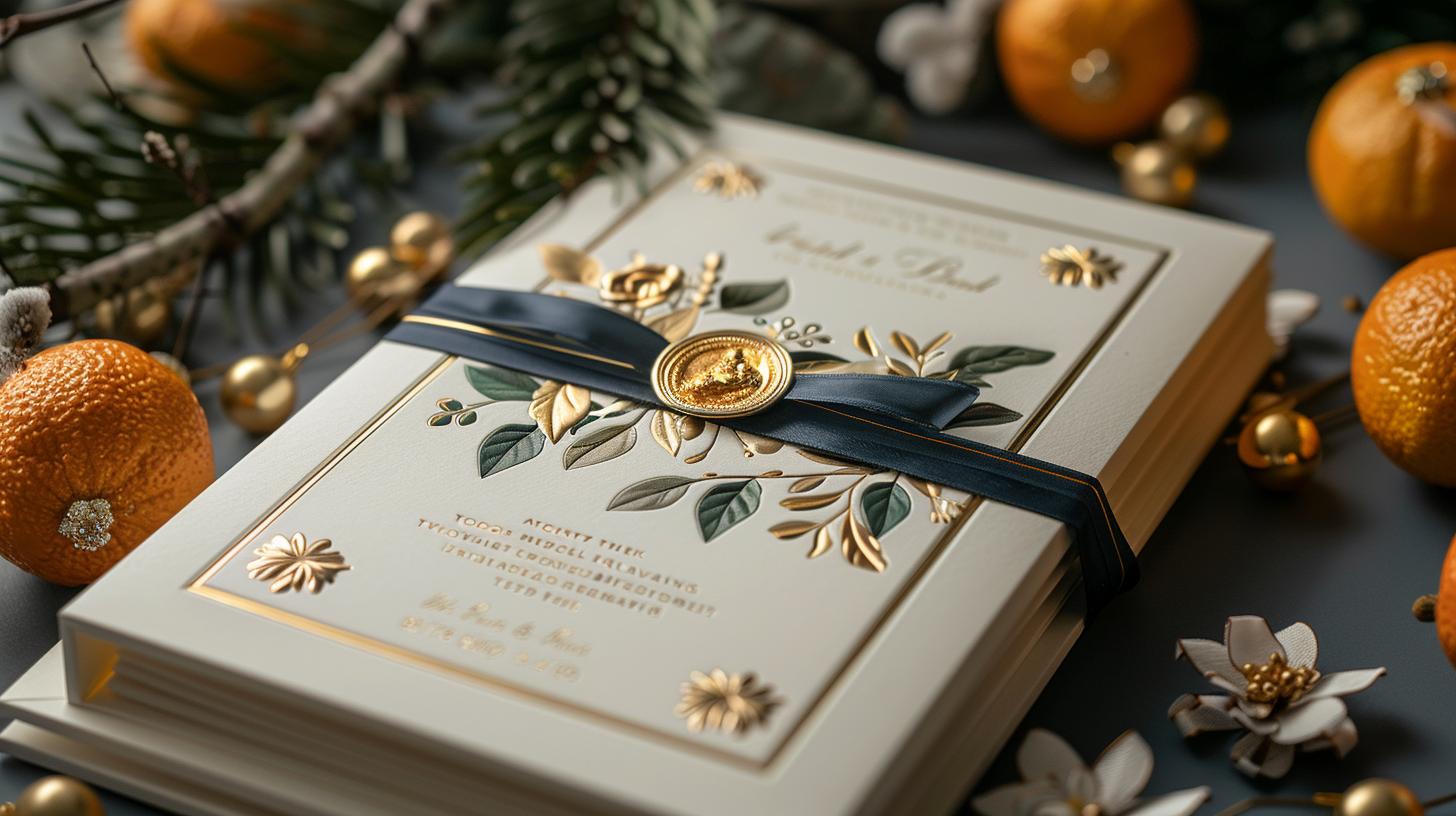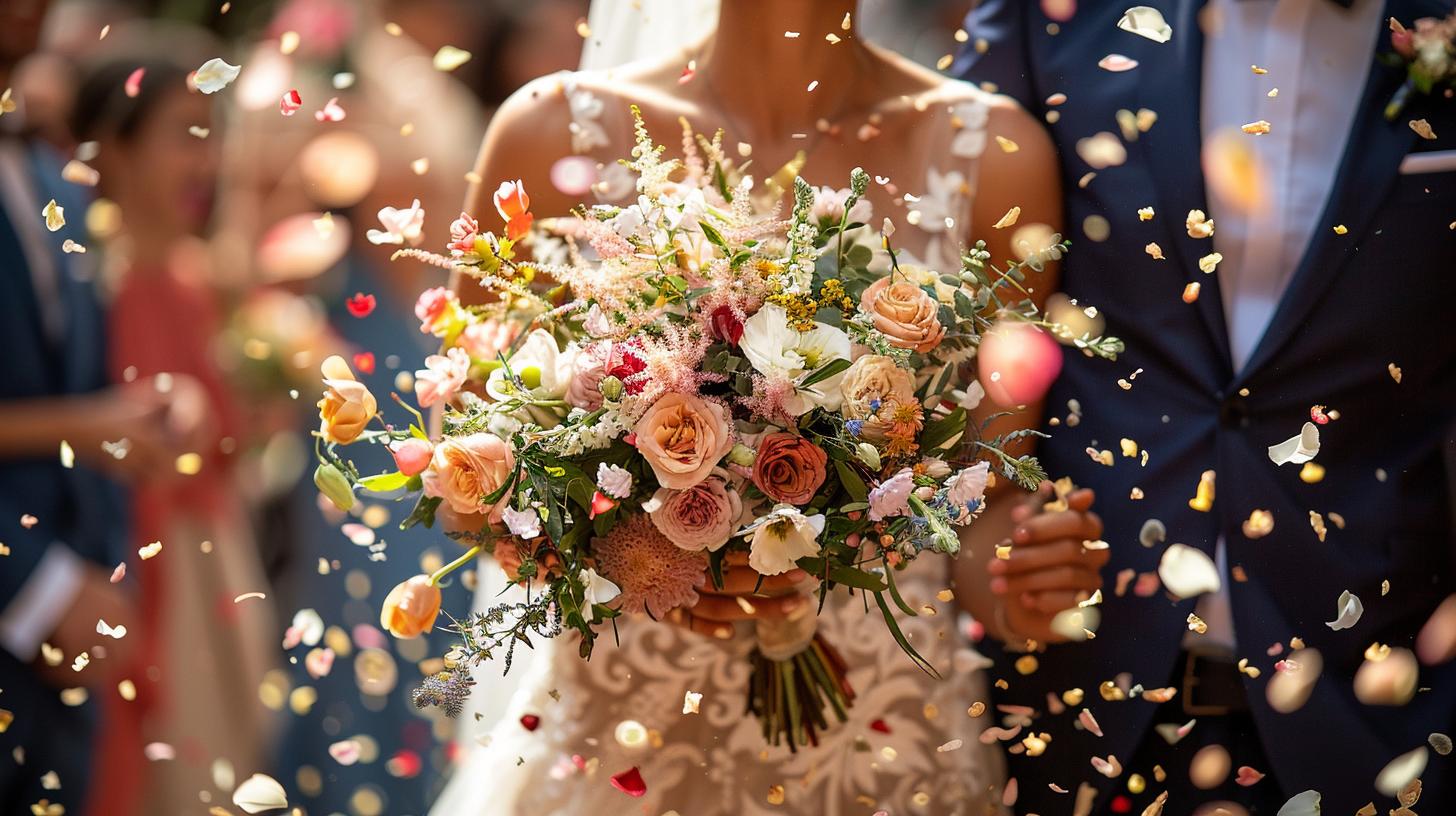Who Pays for a Greek Wedding? A Breakdown of Costs and Traditions
The costs associated with a Greek wedding traditionally involve both families sharing financial responsibilities. Historically, the bride’s family covers significant expenses, while the groom’s family manages other aspects related to the ceremony and honeymoon.
In addition to family contributions, close friends known as koumparos also play an important role in funding certain elements of the wedding. Modern couples often adapt these traditions to fit their financial situations, leading to more shared responsibilities.
Traditional Responsibilities for Greek Wedding Expenses
In Greek weddings, expenses are traditionally divided between the bride’s and groom’s families. This division reflects deep-rooted customs and expectations regarding who covers what expenses, shaping the entire wedding planning process.
The Bride’s Family
Typically, the bride’s family bears the majority of the wedding expenses. Their responsibilities encompass critical elements that contribute to the overall celebration.
Wedding Dress and Accessories
The bride’s family is usually responsible for purchasing the wedding dress along with any necessary accessories, such as veils, shoes, and jewelry. This expense can be significant, reflecting not only the beauty and elegance of the attire but also the cultural importance attached to the bride’s appearance on her wedding day.
Photography and Videography
Capturing the memories of the wedding day is essential, and thus the bride’s family often funds the costs associated with hiring a professional photographer and videographer. This includes pre-wedding shoots as well as full coverage of the ceremony and reception, ensuring that every moment is documented.
Reception Costs
The reception is a major component of the wedding celebration, and the bride’s family traditionally covers these expenses. This includes renting the venue, providing catering services, securing entertainment, and all associated costs like table settings and linens.
The reception serves as a celebration where family and friends gather to honor the couple.
Bridesmaids’ Attire
Gifts for Guests (Bombonieres)
In line with Greek tradition, the bride’s family often provides bombonieres, which are small gifts or favors given to wedding guests. These tokens of appreciation may include items such as almonds, candies, or other mementos symbolizing joy and unity.
The cost of these gifts, while seemingly minor, contributes to the overall expense of the wedding.
The Groom’s Family
The groom’s family also has a vital role in the financial aspects of a Greek wedding. Their responsibilities tend to focus on specific areas essential for the ceremony and celebratory events.
Ceremony Costs and Church Fees
Traditionally, the groom’s family is responsible for expenses related to the religious ceremony, which includes any fees for the church and the officiant. This aspect of wedding planning is significant as it reflects the couple’s commitment and cultural heritage.
Honeymoon Expenses
Another important responsibility typically falls on the groom’s family, which covers the costs of the honeymoon. This includes travel expenses, accommodations, and activities during their getaway, helping the couple start their married life with a memorable experience.
Floral Arrangements and Bouquets
The groom’s family usually handles the costs of floral arrangements, including the bride’s bouquet, boutonnieres for the groom and his party, and floral decorations for the ceremony venue. The beauty of the flowers enhances the ambiance of the occasion and adds to the aesthetic quality of the event.
Groom’s Outfit and Accessories
This expense reflects the groom’s appearance and style on a day that holds significant personal and cultural importance.
Other Personal Expenses
In addition to the main expenses, the groom’s family may also cover other personal costs that the groom wishes to incur before and during the wedding. These may include grooming services or special items he wishes to have as part of his wedding attire.
The Role of the Koumparos in Greek Weddings
The koumparos play a vital role in Greek weddings, serving as more than just witnesses. They are close friends or family members who take on specific financial responsibilities and symbolic duties during the celebration.
Their contributions enhance the overall experience and signify their importance in the couple’s new life together.
Financial Contributions
Koumparos are expected to aid in the financial aspect of the wedding, supporting both the bride and groom’s families. Their contributions can vary depending on the couple’s arrangements and the koumparos’ personal circumstances.
Funding the Stefana
One of the key roles of the koumparos is to fund the stefana, which are the ceremonial crowns exchanged during the wedding. These crowns symbolize the couple’s unity and are often elaborately designed, making their purchase a significant financial commitment.
Lambades and Candles
The koumparos also typically cover the costs of lambades, which are decorative candles used during the ceremony. These candles not only add beauty to the event but also hold cultural significance, representing light and the divine presence in the marriage.
Additional Decorations
Koumparos as Best Man
Beyond their financial contributions, the koumparos often serve as the best man, taking on essential responsibilities to ensure the wedding day runs smoothly. Their involvement extends to various logistical and supportive roles.
Responsibilities Beyond Finances
The koumparos have several key responsibilities that go beyond financial contributions. They are typically involved in planning the wedding, assisting with arrangements, and providing emotional support to the couple. On the wedding day, they help coordinate the event, ensuring everything from the timing to the guest interactions proceeds seamlessly.
In summary, the koumparos are integral to the fabric of Greek weddings. Their contributions, both financial and supportive, highlight the communal and familial spirit that defines these celebrations.
Modern Approaches to Wedding Expenses
In recent years, couples planning Greek weddings have begun to implement more equitable and modern approaches to managing wedding expenses.
This shift reflects changes in societal norms and the desire for flexibility in how costs are shared between families.
Equitable Cost Sharing
Equitable cost sharing allows couples to work together to distribute wedding expenses based on their individual financial situations. This approach encourages open communication and collaboration, creating a more balanced financial responsibility.
Couple’s Contribution
Modern couples often choose to contribute to their wedding costs, which can significantly alter the traditional division of expenses. This contribution can cover various aspects, including:
- Venue rental fees
- Catering and food costs
- Personal decorations, such as centerpieces and flowers
- Guest accommodations
Couples may find that by investing their own funds into the wedding, they have greater control over the decision-making process and can customize their celebration to reflect their unique preferences.
Family Discussions and Agreements
Open and honest discussions among family members play a crucial role in determining wedding expense responsibilities. Families are increasingly recognizing the need for collective planning to avoid misunderstandings and to ensure everyone is comfortable with the financial commitments involved.
Identifying the Primary Contributors
During initial discussions, families can identify who will be primarily responsible for specific costs. This clarity helps to align expectations and foster cooperation. Typical arrangements might include:
- The bride’s family covering traditional expenses such as the reception and bridesmaids’ attire
- The groom’s family managing the costs associated with the ceremony and honeymoon
- Couples directly addressing personal contributions, ensuring clear budgeting paths
This collaborative approach often leads to a more harmonious planning process, allowing families to participate fully in creating a memorable celebration.
The Impact of Multicultural Marriages
The increasing prevalence of multicultural marriages has introduced fresh dynamics to Greek wedding traditions. These unions often blend customs and practices from different cultures, resulting in unique and personalized ceremonies that reflect the backgrounds of both partners.
Combining Traditions
Couples from diverse cultural backgrounds frequently merge their respective wedding traditions. This integration not only honors both heritages but also enriches the wedding experience for everyone involved. Various elements may be adapted or incorporated into the ceremony, allowing each culture’s significance to shine through.
Redistribution of Costs
In multicultural marriages, the distribution of wedding expenses can vary widely. Couples may decide to share costs based on their joint financial situations or individual family strengths. This can lead to a more equitable arrangement that alleviates some of the financial pressures traditionally placed on one side of the family.
- Both families may contribute equally to major expenses, such as the venue and catering.
- Customization of roles enables family members to decide who pays for specific elements, aligning with each family’s comfort level.
- Some couples opt for a crowdfunding approach, inviting contributions from family and friends to cover various costs.
Customizing Wedding Practices
With multicultural influences, wedding practices can be tailored to reflect the identities and traditions of both partners.
This might lead to innovative ceremonies that highlight unique customs or create entirely new traditions that resonate with the couple. For instance, elements such as food, music, and attire may blend distinct cultural aspects.
- Couples might incorporate traditional dishes from each culture, expanding the menu beyond just Greek fare.
- Musical choices can reflect a mixture of genres, blending traditional Greek music with other cultural sounds.
- Ceremonial rituals can include prominent practices from both backgrounds, enriching the overall significance of the event.
Financial Planning for Greek Weddings
Effective financial planning is crucial when organizing a Greek wedding.
It involves careful consideration of expenses and anticipating unexpected costs to ensure a memorable celebration.
Budgeting Tips
Creating a comprehensive budget is a fundamental step in the planning process. This helps couples outline their financial limitations while ensuring that major components of the wedding are funded appropriately.
Prioritizing Expenses
Identifying and prioritizing wedding expenses is essential for effective budgeting.
Here are key areas that typically require significant investment:
- Venue rental and catering
- Wedding attire for the bride and groom
- Photography and videography services
- Floral arrangements and decorations
- Entertainment such as live music or a DJ
By assessing which aspects are most crucial to the couple, they can allocate funds more effectively and minimize stress as the wedding date approaches.
Leveraging Family Contributions
In many cases, family members play a vital role in the financial aspects of a Greek wedding. Engaging family support can significantly alleviate financial burdens. Here are a few strategies:
- Open discussions about potential contributions from both families
- Consider rotating certain expenses among family members, such as the reception or supplies
- Ask for help with DIY projects, which can be cost-effective
Collaboration among family members not only eases financial pressure but strengthens the sense of community surrounding the wedding.
Unexpected Costs
It is important to factor in unforeseen expenses that may arise during the wedding planning process. Having a plan in place for these scenarios can prevent financial strain.
Cushioning the Budget
Creating a cushion in the budget for unexpected costs is a wise strategy.
Here are some key elements to consider:
- Allocate a percentage of the total budget for unexpected expenses, typically around 10-15%
- Be prepared for additional costs related to last-minute changes or upgrades
- Consider the impact of inflation or price increases on planned expenses
Maintaining flexibility in the budget can help accommodate surprises without causing significant disruption to the wedding plans.
Emotional and Symbolic Costs
In Greek weddings, emotional and symbolic costs hold significant weight alongside financial expenses. These elements often represent important cultural traditions and personal significance, making them an integral part of the wedding experience.
Traditions and their Monetary Implications
Many traditional items associated with Greek weddings carry emotional significance and represent deeper cultural meanings. The financial implications of these items often reflect the values and commitments of the couple and their families.
Symbolic Items Like Stefana and Bibles
Stefana, the traditional crowns worn by the bride and groom during the ceremony, symbolize the couple’s unity and the glory of their commitment. They are often made of precious materials, resulting in considerable costs.
Furthermore, Bibles may also be presented as part of the wedding ceremony, enhancing the spiritual aspect of the union.
These items are not merely decorative; they embody the rich tapestry of Greek heritage.
The cost of stefana and Bibles varies depending on quality and craftsmanship, ranging from modest to extravagant. Families often spend significant amounts to ensure they select beautiful and meaningful items that reflect their traditions.
Cultural Significance and Cost
The cultural significance tied to wedding rituals can create a considerable emotional expense. Each ritual, from the crowning to the ceremonial dance, represents aspects of familial bonds and community unity. These traditions foster a sense of belonging and identity, which can feel priceless to the families involved.
Some rituals require specific items that come with financial responsibilities. Items like lambades (ceremonial candles) and various types of decorations also play roles in this equation. Their cost might be viewed as secondary to the emotional weight they carry.
Ultimately, the monetary aspect of these symbolic costs reflects the family’s connection to their cultural roots. It creates a blend of joy and sacrifice, showcasing the importance of honoring one’s heritage while celebrating love and unity.
Unique Features of Greek Wedding Ceremonies
Greek wedding ceremonies are deeply rooted in tradition, symbolizing unity and celebration. These events are marked by unique rituals, cultural significance, and vibrant decorations that reflect the couple’s heritage and familial ties.
Symbolism in Rituals
The rituals observed during Greek weddings are infused with rich symbolism, representing various aspects of the couple’s life together. From the ceremonial music to the selection of special foods and drinks, each element carries significant meaning.
Ceremonial Music
Music plays an integral role in Greek wedding ceremonies, often featuring traditional instruments such as the lyre and the laouto. These melodies help create a joyous atmosphere and invite participation from guests.
The music, which may include traditional folk songs and modern selections, sets the tone for the celebration, encouraging dancing and merriment.
Special Foods and Drinks
The culinary offerings at Greek weddings are elaborate and carefully chosen. Traditional dishes, such as lamb, rice, and various stews, not only satisfy the guests but also signify hospitality and abundance.
Additionally, sweets like baklava and loukoum are often served to symbolize sweetness in the couple’s new life together. The sharing of these foods strengthens the bonds among family and friends and enhances the communal feel of the wedding.
Decorations and Their Costs
Decoration in Greek weddings serves as a visual representation of the couple’s journey and their cultural heritage. From floral arrangements to intricate centerpieces, the aesthetic choices reflect both personal style and traditional values.
The costs associated with these decorations can vary significantly, depending on the level of detail and chosen items.
Church Decorations
The church, as the central venue for the ceremony, is often adorned with beautiful floral arrangements and candles. These decorations hold spiritual significance, symbolizing the couple’s commitment to their faith and each other.
Common items include white flowers, which represent purity, along with greenery symbolizing growth and fertility. The cost of church decorations can vary, depending on the couple’s preferences and the season, with many opting for lavish displays to honor their sacred vows.
Reception Venue Decorations
Reception venues often feature more elaborate decorations, aiming to create an inviting and festive atmosphere. From elegant table settings to themed decor that echoes the cultural aspects of the couple’s background, every element is thoughtfully chosen.
The overall ambiance is often enhanced by creative lighting, draping, and floral centerpieces. The investment in decorations at the reception venue underscores the couple’s desire to make the celebration memorable for all attendees, establishing a lively space filled with joy and celebration.
Etiquette and Expectations in Greek Weddings
Greek weddings are characterized by rich traditions and cultural significance. Understanding the etiquette and expectations surrounding these celebrations can enhance the experience for everyone involved.
Planning and Communication
Effective planning is crucial to ensure that a Greek wedding runs smoothly. Both families often play a role in organizing the event, and open communication is necessary to align expectations and responsibilities.
This collaborative effort is rooted in the cultural emphasis placed on family unity and participation. Couples should discuss how to manage the contributions and roles of each family early in the planning process.
Cultural Expectations and Adaptations
Cultural nuances heavily influence the organization of a Greek wedding. While traditional practices are generally maintained, modern adaptations are increasingly common. Many couples find that customizing certain aspects of the wedding, such as attire or reception style, can help align with their personal values and lifestyle.
It is vital for the couple to consider family traditions and include significant customs in the planning to honor their heritage while also reflecting their identity.
Managing Guest Contributions
Guest contributions can take many forms in Greek weddings, from hosting pre-wedding festivities to providing gifts or monetary contributions. Managing these contributions is essential to maintain a comfortable atmosphere for all parties involved and to adhere to traditional practices.
Monetary Gifts and Their Impact
In many Greek weddings, monetary gifts are a common and expected form of contribution from guests. Typically, these gifts are used to help the couple cover wedding expenses and to begin their new life together.
The amount and nature of the monetary gifts can often reflect the relationship between the guests and the couple. Guests should consider cultural norms when deciding on the amount to give, as practices may vary widely.
It is also important for couples and families to provide communication regarding the expectations around these gifts, ensuring that everyone is on the same page.




